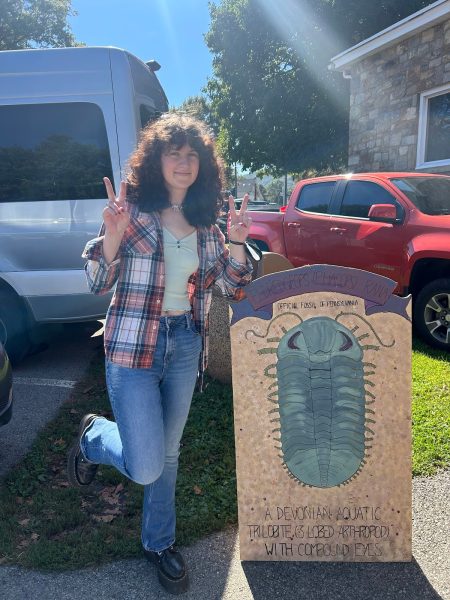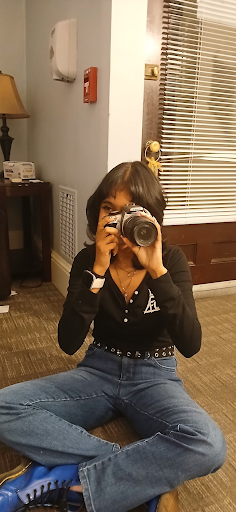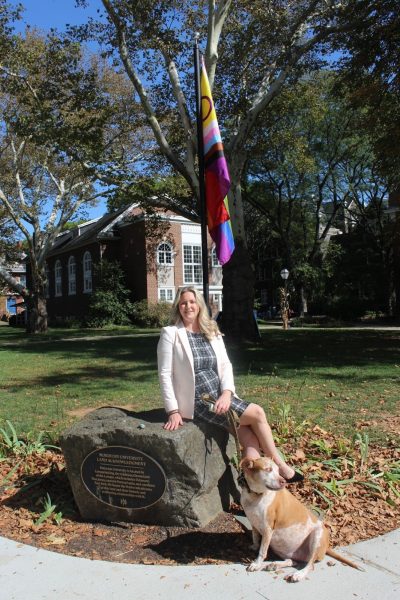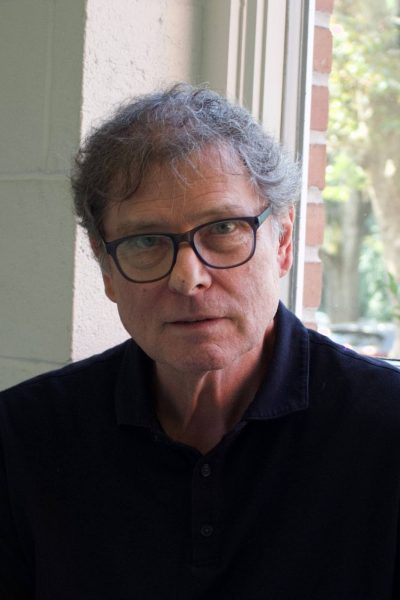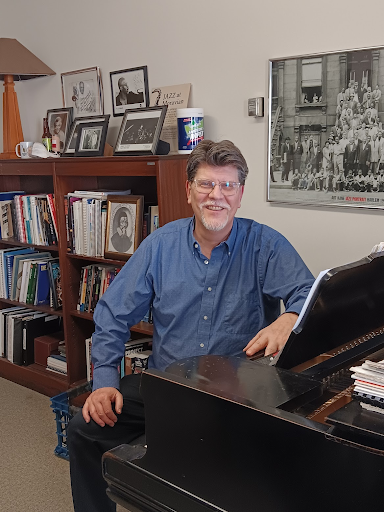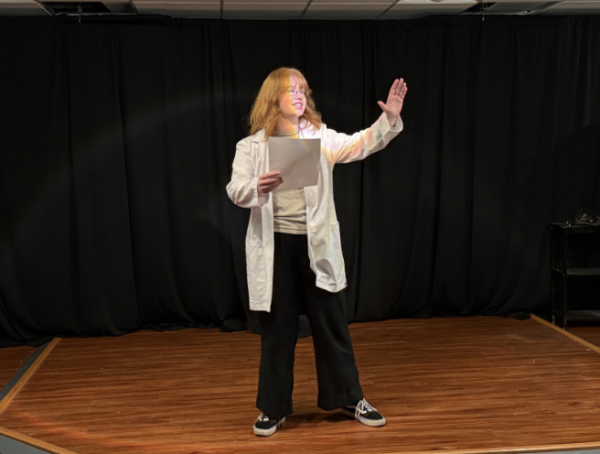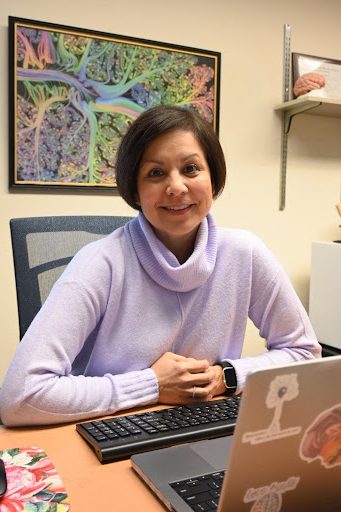Professor Spotlight: Louise Keegan
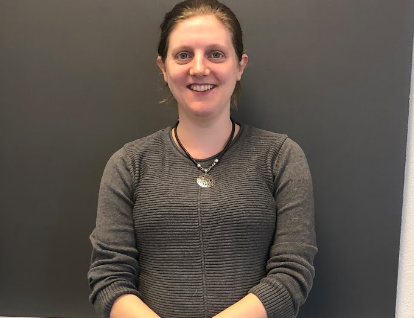
Dr. Louise Keegan
Dr. Louise Keegan received a undergraduate degree from the University College Cork in Ireland and a Ph.D. from the University of Louisiana at Lafayette. Keegan is a speech language pathologist who is currently working on establishing Moravian College’s master’s program in speech language pathology.
What inspired you to go into your field of study?
I love this profession because it is the opportunity to help people have successful interactions. As humans, we are inherently social, and for all of us, it is really rewarding when we have positive, successful interactions with others. I love helping those who have difficulty communicating be successful in social situations. I have worked with a huge variety of people in the field. In Ireland I started out working with school-age children who had autism, but since I have been in the U.S., I have mostly worked with adults who have had some sort of brain injury or degeneration.
The major aspect that drove me to speech language pathology (SLP) was the course catalogue for the college I was going to attend. I liked the look of all the courses in the SLP program and chose it for that reason. It’s probably a strange way to choose the profession. I do not regret that decision. I really loved most of the courses and I do love the profession!
What research are you currently working on?
I’m currently finishing up several projects I worked on at the institution I attended before Moravian. The first paper is about the humor in traumatic brain injuries. The paper focuses on how people with severe traumatic brain injuries use jokes and sarcasm in their communication. Another paper that I’m finishing discusses the communication of personality. The paper addresses how people with limited communication skills are still able to communicate who they are through their personality and actions. I hope to start more research at Moravian and continue to finish up the work I have previously done.
What do you think is the most recent important development in your field of study?
Brain imagining material has made a difference with discovering how the brain works and the implications it has on how we communicate. Every day there is a new development; it is amazing. These advancements are primarily useful for understanding how the brain works. For example, fMRI studies have revealed new information about how and where we store language. We previously thought it was restricted to the language centers such as Wernicke’s or Broca’s areas but now know that we use our brains much more extensively than that for language tasks. This really ties in with my work. Every person with a brain injury has unique communication difficulties, and now that these areas of the brain are so interconnected these individual differences make perfect sense.
What job would you have if you couldn’t be a professor, regardless of salary and job outcome?
I would definitely be a mechanic. Nothing frustrates me more than not knowing how my car works.
What do you know now that you wished you knew when you were in college?
I wish that I would have known that I could achieve the goals that I set my mind to. I was definitely not the highest achiever in my class. I wanted to go to graduate school and at times, I never thought it would be possible. I have learned over the years that hard work really does pay off.
What is your biggest student pet peeve?
My biggest student pet peeve is when students show no interest in the material. Nothing frustrates me more than a student who is not engaged and motivated in class.
What was the last streaming show that you binge-watched or the last good book that you read?
The last show that I binge-watched was “The West Wing.” Right now, I am reading a book called “The Short History of Nearly Everything” by Bill Bryson, which I have learned so much from.
What is something interesting about you that most of people don’t know?
I love to play music. I played the flute when I lived in North Carolina and I was in a band called “The Mountain Laurels.” Our group played mostly Irish music. They were a group of women that worked in various departments at Appalachian State University, and we were already playing Irish music together before I randomly met one of them in a meeting about curriculum. When she learned I also played Irish music, she invited me to join one of their gatherings, and from there I started performing and recording with them. My favorite aspect of being in a band was performing the piece, the opportunity to play but also to share the music with others. I also liked the social aspect and opportunities to attend festivals and events I otherwise would have not considered.
What’s your spirit animal and why?
My spirit animal is a hippo because they are calm, strong, and always know what is going on.
What is your favorite aspect of Moravian College?
I love the culture and the people at Moravian. Everybody is friendly and always excited. I really love that the staff always puts their students first. Everyone works their hardest to take care of the students. I feel that Moravian is a real community.




